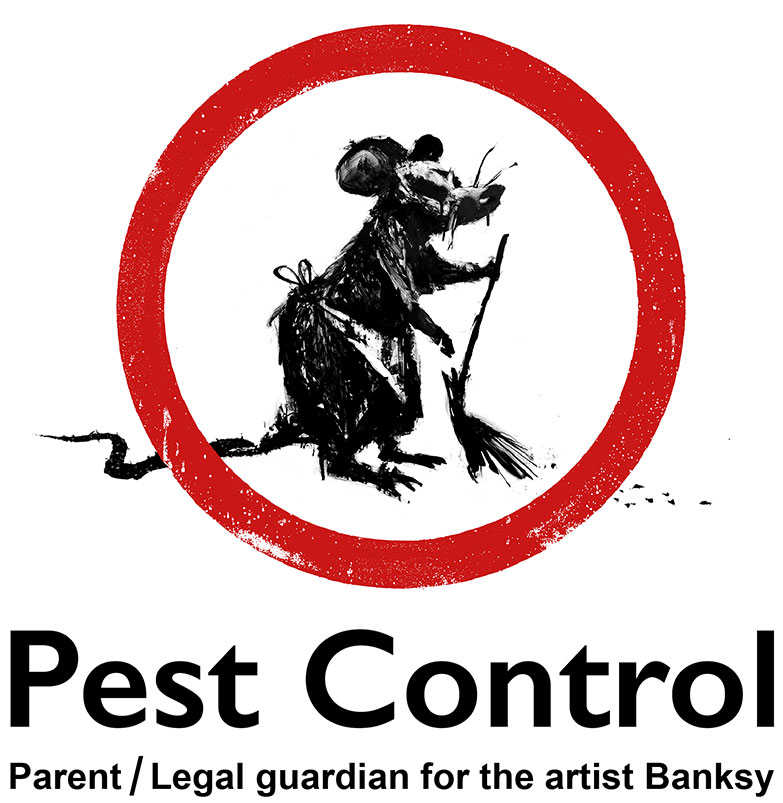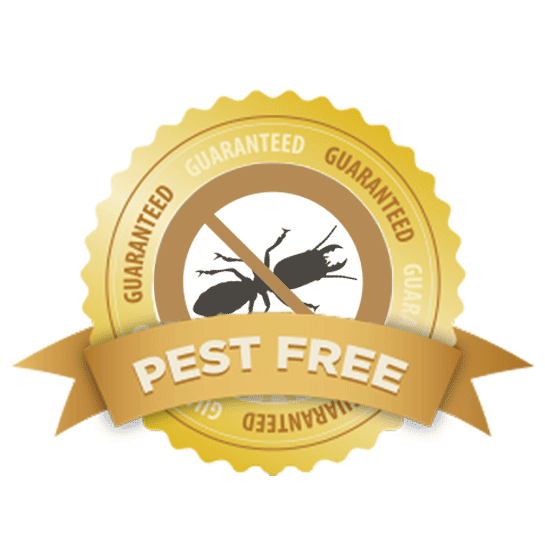Portland Exterminators A1 for Bed Bugs - Trusted Neighborhood Specialists
Portland Exterminators A1 for Bed Bugs - Trusted Neighborhood Specialists
Blog Article
Efficient Bug Control Providers: A Comprehensive Check Out Extermination Techniques and Prevention Measures
In the realm of bug control services, the effective administration of infestations calls for a thorough technique that combines numerous techniques and procedures for both removal and avoidance. From Integrated Pest Monitoring (IPM) strategies that focus on lasting options to chemical extermination methods designed for targeted elimination, the collection against parasites is large and complex.

Integrated Pest Management (IPM) Strategies
Integrated Pest Management (IPM) Strategies incorporate a thorough strategy to pest control that concentrates on tracking, control, and prevention methods to effectively take care of bug populations. By incorporating numerous methods, IPM aims to decrease the effect of insects while also lowering the reliance on chemical pesticides. Prevention exists at the core of IPM, emphasizing practices like appropriate sanitation, upkeep of health, and sealing entrance indicate hinder bugs from infesting buildings. Surveillance plays a critical function in IPM by routinely identifying and evaluating insect degrees to identify the ideal intervention limits. Control techniques in IPM focus on the use of physical, organic, and cultural methods before turning to chemical therapies as a last resort. These methods include introducing all-natural predators, environment modification, and employing trapping gadgets to maintain insect populaces in check. Overall, IPM promotes a lasting and ecologically aware approach to pest administration, advertising long-lasting options that safeguard both human health and wellness and the ecological community.
Chemical Elimination Strategies
Chemical elimination strategies are frequently utilized in bug control solutions to successfully remove bug populations that position a risk to human health and residential property. These methods include making use of various chemical substances especially created to target and get rid of insects such as insects, rodents, and other unwanted animals. The application of chemicals, insecticides, rodenticides, and various other chemical agents is thoroughly regulated to ensure optimum efficiency while reducing risks to human beings, animals, and the environment.
Among the essential benefits of chemical elimination techniques is their capacity to supply quick and targeted outcomes, making them especially useful in situations of severe problems or urgent parasite control requirements - portland exterminators a1 for bed bugs. Nonetheless, it is necessary to emphasize the relevance of proper handling, application, and disposal of these chemical items to stop unplanned harm
Moreover, integrated bug monitoring (IPM) methods usually integrate chemical elimination techniques with other techniques such as hygiene, habitat adjustment, and organic controls to create a sustainable and extensive bug control strategy. By incorporating chemical elimination strategies sensibly within an IPM framework, parasite control solutions can properly take care of pest populaces while decreasing prospective risks to human health and the atmosphere.
Biological Bug Control Approaches
Employing all-natural killers and parasites to manage pest populations is a sustainable technique understood as organic bug control. This strategy harnesses the all-natural devices of the environment to a1 commercial pest control portland regulate bug populaces without counting on synthetic chemicals. One typical biological control approach involves presenting natural enemies of the target pest species, such as ladybugs for aphid control or nematodes for termite infestations. These natural killers prey on the parasites, helping to keep their populaces in check.
One more efficient biological control strategy is making use of microbial pesticides. These are naturally taking place bacteria, such as infections, fungi, and germs, that particularly target and contaminate specific insect species. By making use of these microbial agents, parasite populations can be effectively lowered without harming advantageous microorganisms or triggering harm to the atmosphere.
Physical Parasite Avoidance Steps
Applying physical parasite avoidance procedures entails using obstacles and architectural modifications to discourage bugs from getting in or infesting a property. Setting up door moves, screens on windows, and securing splits in the foundation can aid protect against parasites like bugs and rodents from gaining accessibility inside.
An additional physical prevention procedure is the use of barriers like secure fencing to keep larger parasites such as raccoons or deer away from the property. By executing these physical parasite prevention procedures, residential or commercial property proprietors can considerably reduce the risk of parasite infestations and the damage they can create.
Specialist Insect Examination Treatments
Carrying out thorough and methodical insect inspections is a fundamental aspect of professional insect monitoring methods. Expert insect inspectors are educated to diligently examine homes for signs of infestations, recognizing pest types, entry factors, and conducive problems.

Verdict
In final thought, effective parasite control services use a range of strategies, including Integrated Pest Administration strategies, chemical elimination methods, organic controls, and physical prevention procedures. Professional bug inspection treatments play an essential duty in identifying and attending to pest issues in a timely fashion. By implementing a mix of these approaches, homeowner can effectively stop and manage insect problems.
From Integrated Parasite Management (IPM) methods that focus on sustainable services to chemical elimination strategies designed for targeted elimination, the toolbox versus pests is large and diverse.Integrated Pest Administration (IPM) Methods incorporate a comprehensive method to pest control that focuses on avoidance, surveillance, and control techniques to efficiently handle insect populaces.Chemical elimination methods are frequently used in bug control solutions to successfully get rid of parasite populaces that posture a hazard to human wellness and property.Employing all-natural predators and bloodsuckers to manage parasite populaces is a sustainable technique known as biological pest control.In conclusion, efficient bug control solutions utilize a range of methods, including Integrated Parasite Monitoring approaches, chemical elimination methods, biological controls, and physical avoidance procedures.
Report this page